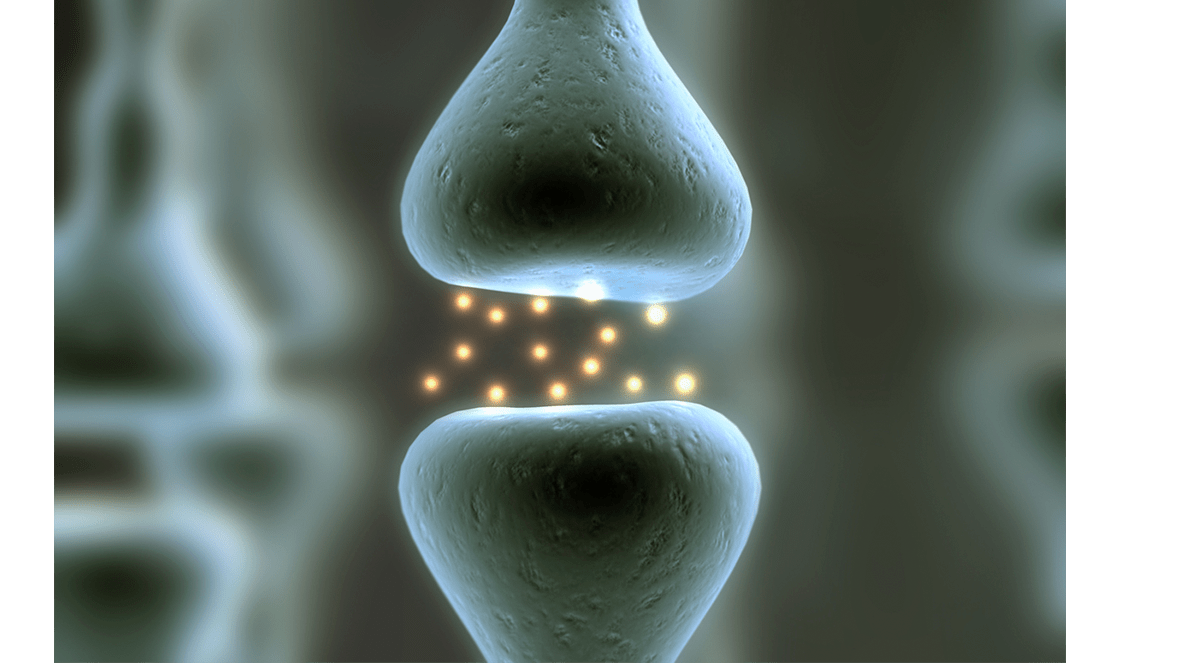For a recent study, the researchers reported an average increase of 3–5% over the general population risk of ASD among offspring of adults with Ist-degree relatives with ASD in a large epidemiologic family sample. The next essential step was to investigate whether there are measurable characteristics of individual parents placing them at higher or lower recurrence risk, as this information could allow more personalized genetic counseling. The researchers assembled what is to their knowledge the most extensive collection of data on the ability of four measurable characteristics of unaffected prospective parents to specify risk for autism among their offspring: subclinical autistic trait burden, parental history of a sibling with ASD, transmitted autosomal molecular genetic abnormalities, and parental age. All 4 characteristics were related to elevation in offspring risk; however, the magnitude of their predictive power—except isolated, rare inherited pathogenic variants —does not yet reach a threshold that would typically be considered actionable for reproductive decision-making. Polygenic risk scores were only weakly predictive at this time but steadily improved and ultimately may enable more robust prediction either singly or when combined with the risk variables examined in the process.
Link:jneurodevdisorders.biomedcentral.com/articles/10.1186/s11689-021-09389-8


